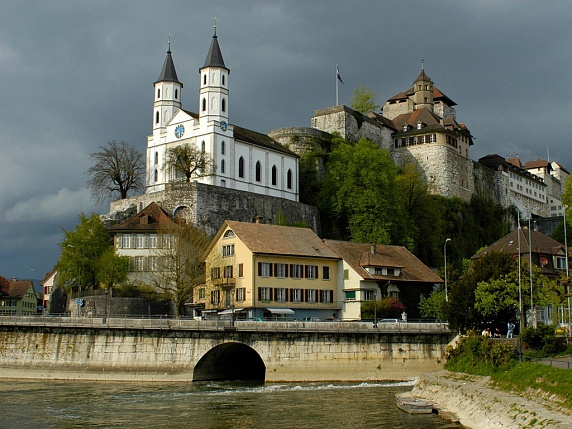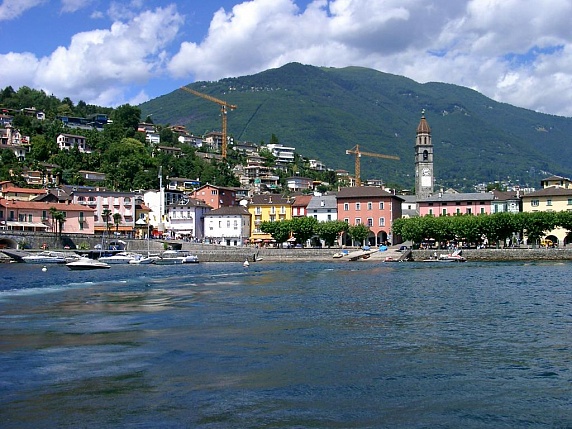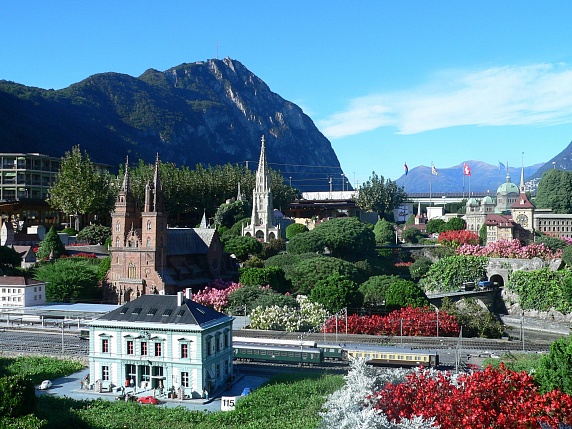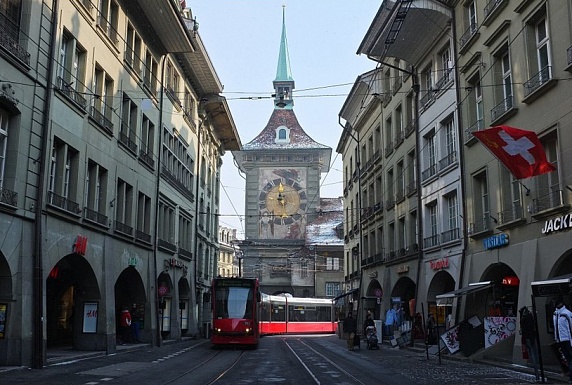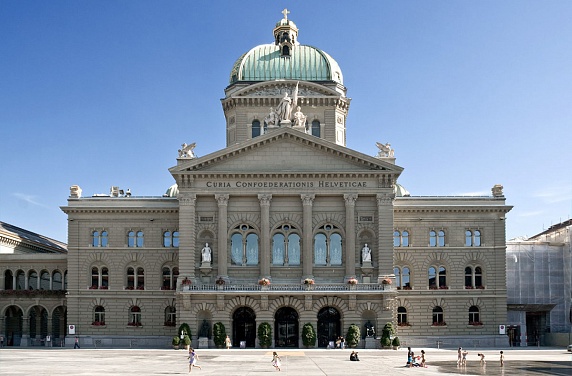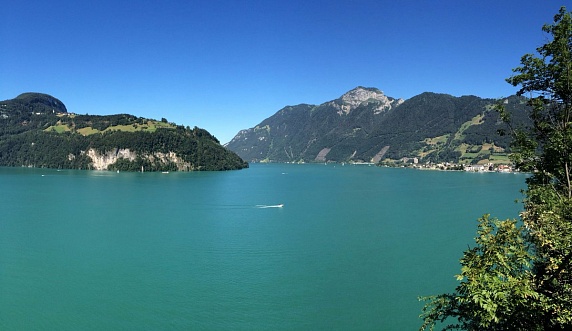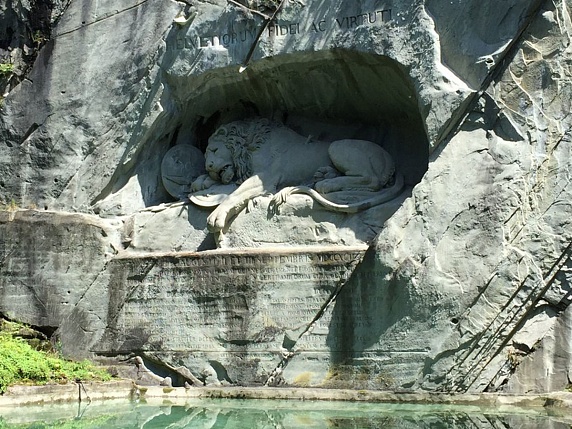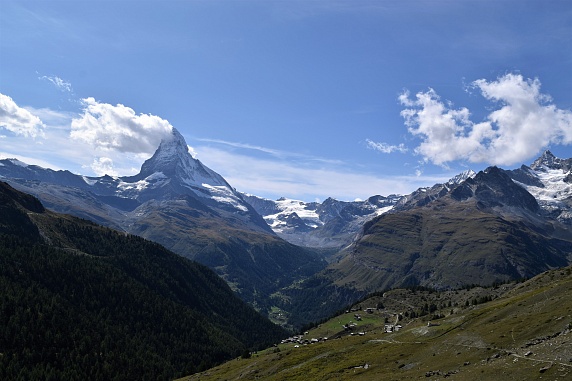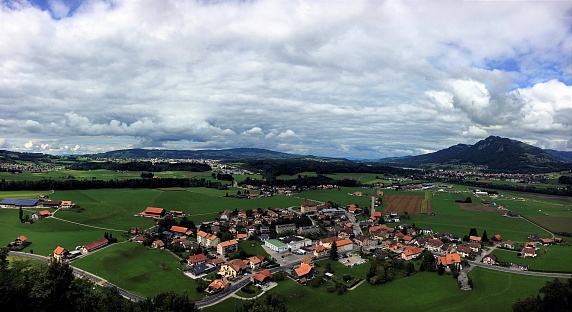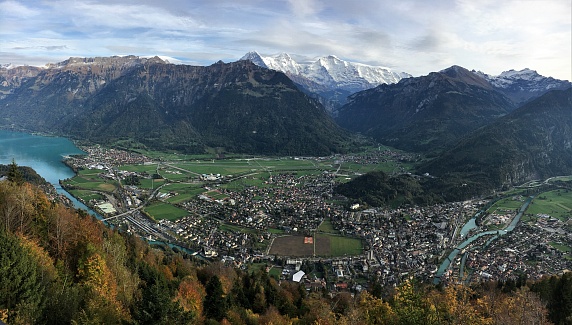 Швейцарская Конфедерация
Швейцарская Конфедерация
RIA NOVOSTI INTERVIEW WITH OFFICIAL RUSSIAN FOREIGN MINISTRY SPOKESMAN ON RUSSO-SWISS RELATIONS
Question: In light of Swiss Foreign Minister Joseph Deiss' forthcoming visit to Moscow, which begins on July 1st, what can you tell us about the state of Russo-Swiss relations?
Answer: Both sides believe that relations are developing positively. They are free from any contradictions or difficult problems. Our countries are aspiring for constructive partnership. Mutually advantageous co-operation is being pursued in many areas. Switzerland is in ninth place in terms of investor countries working on the Russian market (its total investment in our economy accounts for $631 million).
More than 600 firms with Swiss capital are registered in Russia, 230 of which are Swiss companies, including the affiliate of one of the largest banks - Credit Swiss. The trade-turnover between our countries in 2001 stood at $2.8 billion.
Russia values Swiss technical and financial assistance, which will be worth 97.5 million Swiss francs in the 2001-2006 period. It is being provided to such important spheres as the development of infrastructure, small and medium business, environmental and nuclear security, scientific development and humanitarian assistance. It is also being used to encourage Swiss investment in Russia. Many projects are being successfully implemented in Russia's regions (Nizhny Novgorod, Samara, Perm, Voronezh, Kaluga and others).
Switzerland is the only country with which Russia has an agreement on technical and financial co-operation (concluded in 1995; a new agreement is scheduled to be signed in 2002 when the old one expires). We welcome Switzerland's readiness to participate in funding programmes to destroy stockpiles of Russian chemical weapons.
Interaction between the two countries' law-enforcement agencies and security services is energetically developing in the fight against terrorism, illegal migration, money laundering, drug trafficking and other forms of organised crime. Russia and Switzerland are successfully co-operating in the disaster prevention field, in implementing joint humanitarian projects (in 2001 this could be seen in Mongolia, previously in Operation Focus in the former Yugoslavia). Firm ties support the cultural, scientific and education fields.
Moscow will host "Switzerland Days" in autumn 2002 (last year they were greeted with great success in St. Petersburg). There are plans to hold similar events dedicated to Russia in Bern and Geneva. Preparatory work is being concluded for an inter-governmental Declaration of Intentions on Co-operation in the Cultural Sphere. Swiss people's desire to learn Russian has also been noted. In an international Russian language competition for schoolchildren, which was held in Moscow in June last year, two Swiss grammar school students took first and third place. Switzerland has been invited to take part in St. Petersburg's 300th anniversary celebrations. This is a reflection of its historical ties with this city, where the architecture has maintained its "Swiss look."
Q: Which problematic international issues could be given priority during talks between the Russian and Swiss foreign ministries?
A: The ministries have been exchanging opinions on topical problems of European and world politics, and will discuss prospects for the settlement of regional conflicts, and possibilities for further Russo-Swiss co-operation on these issues. This interaction has been successfully implemented both on a bilateral basis and within the framework of international organisations. The positions shared by the two countries or their highly similar positions on many important issues create a good basis for this. In this context, the dialogue between the two ministries is highly significant. It includes regular meetings between ministers and their deputies, and consultations at the level of directors and experts.
Russia welcomes the Swiss nation's decision to join the United Nations, which was taken in a referendum on March 3rd 2002, and will support Switzerland's application to join this Organisation. Both sides are intending to co-operate constructively within the UN in the interests of enhancing its central role in the international sphere.






